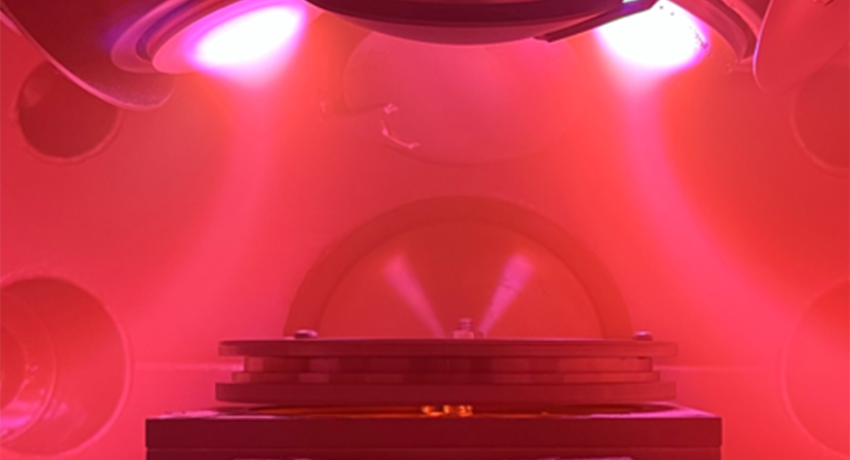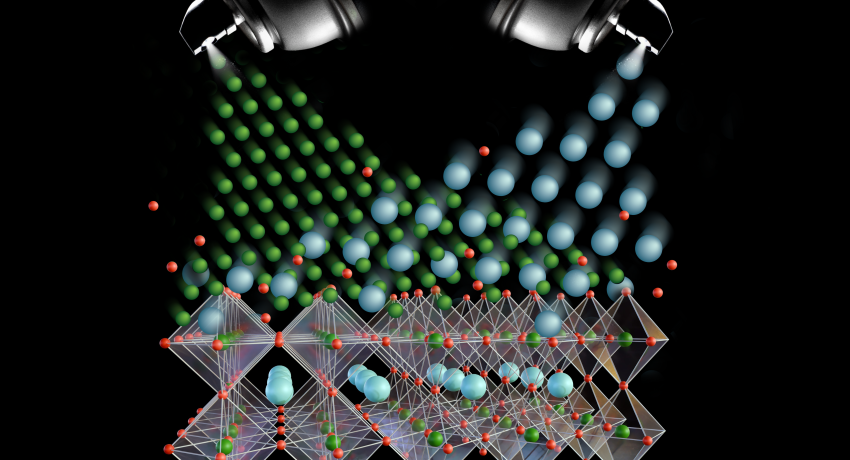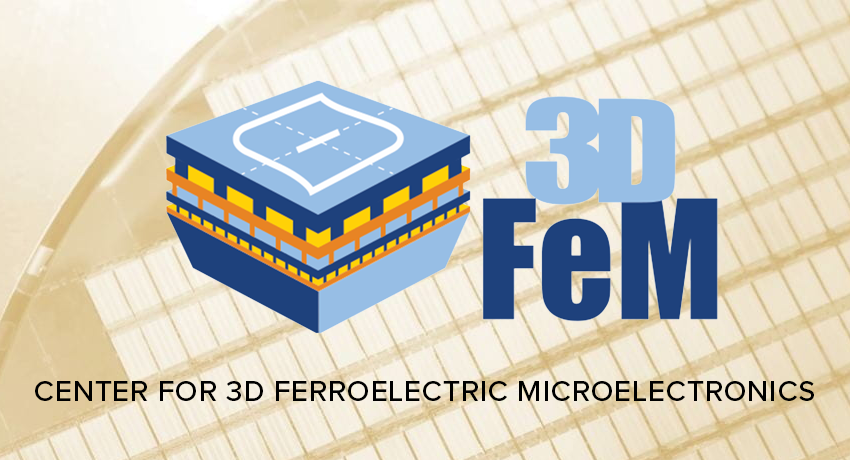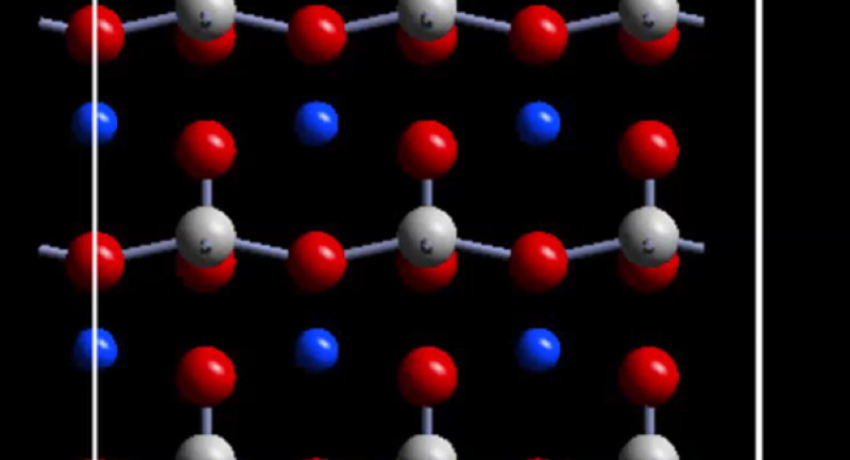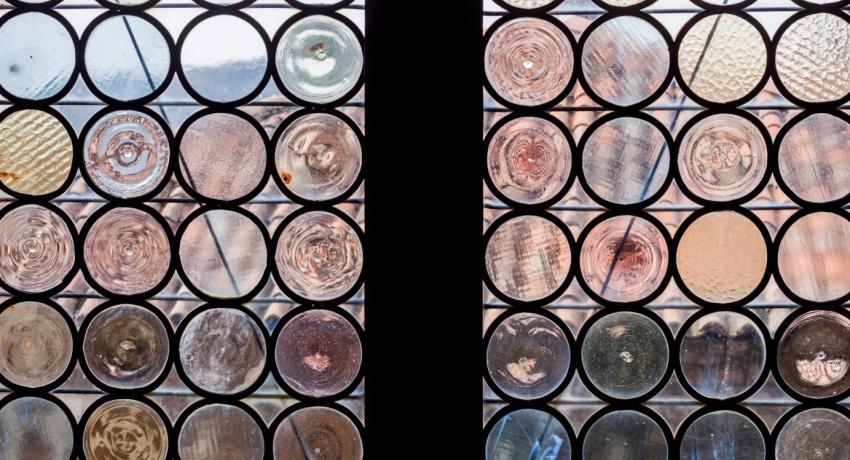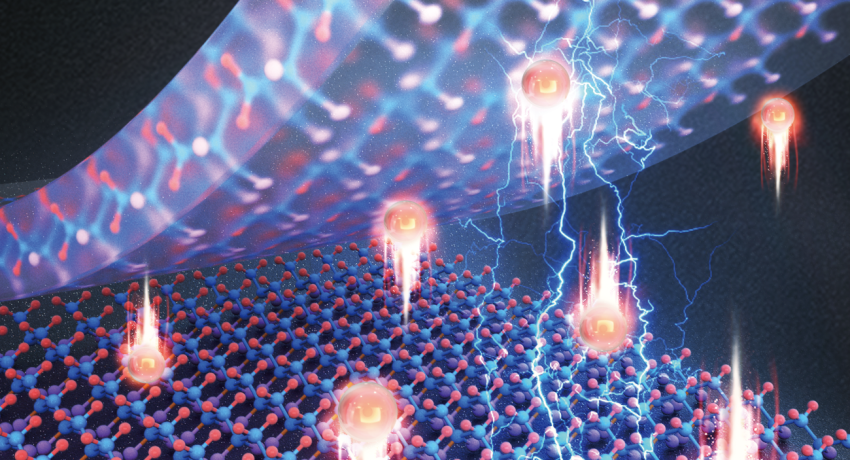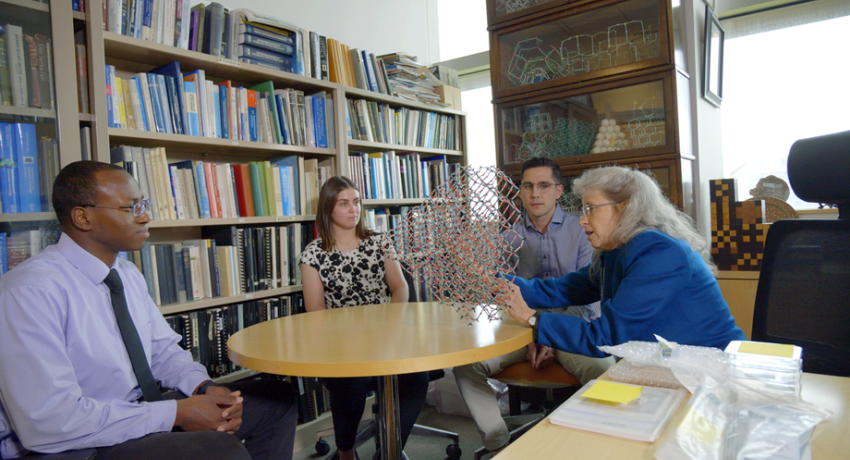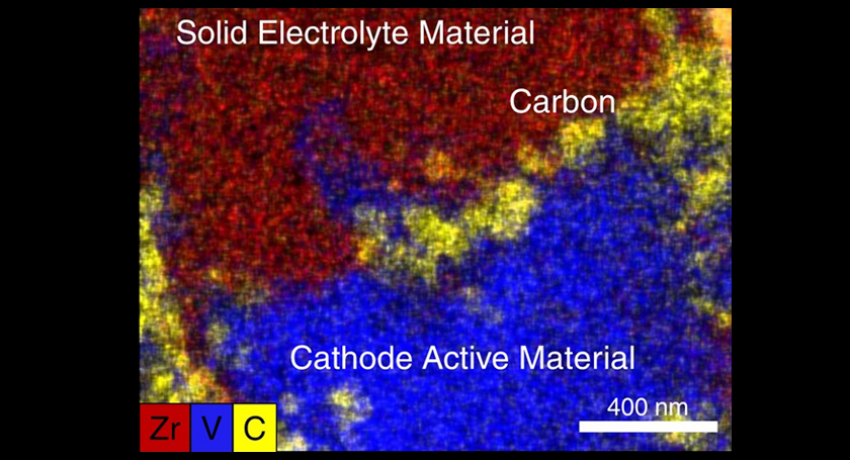After 12 years as MRI director, Clive Randall to step down
By Jamie Oberdick
After more than a decade as director of the Penn State Materials Research Institute (MRI), Clive Randall, Evan Pugh University Professor of Materials Science and Engineering, will step down to refocus his efforts to teaching and research. He will remain on as director through the summer of 2026 to help guide the transition.


